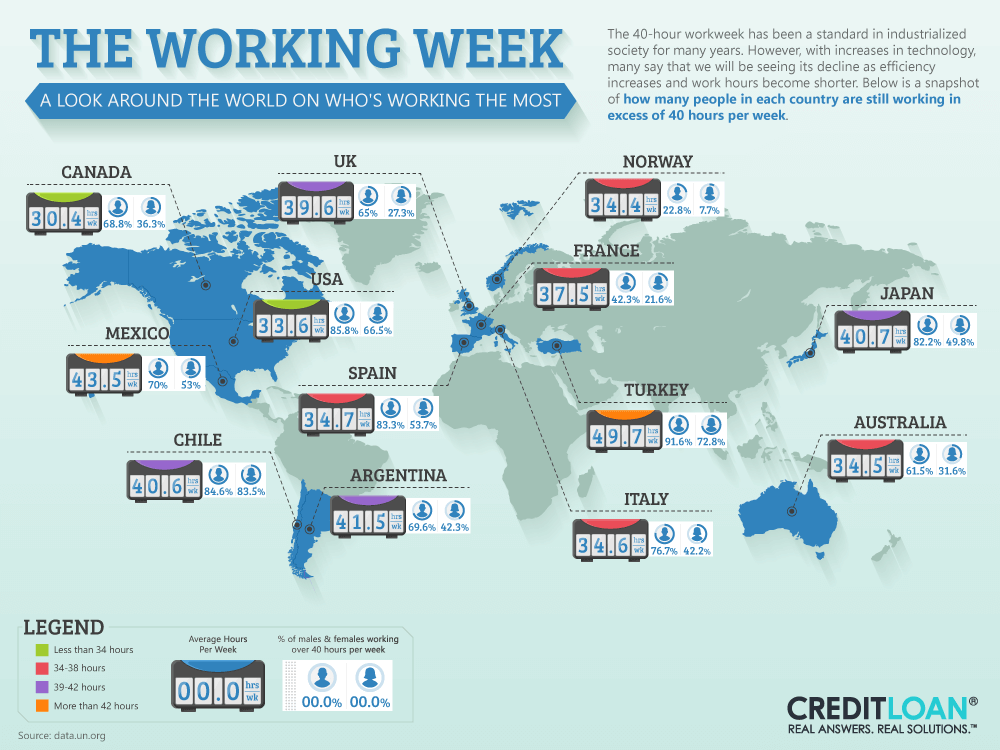As you ponder the evolution of dumpster service, consider how each era has actually contributed to forming the waste administration landscape we navigate today. From humble beginnings in the 1930s to the innovative technologies of the present, the journey of dumpster rental has been noted by development and adaptation. But what pushes the horizon for this important service? The future patterns in sustainable techniques hold the key to opening an extra reliable and eco-conscious technique to squander monitoring. Stay tuned to find exactly how the dumpster leasing market is positioned to embrace a greener tomorrow.
Historical Roots of Dumpster Rental
Discover the beginnings of dumpster rental and how it has formed waste administration methods gradually.
Dumpster rental traces back to the 1930s when George Roby Dempster, a Tennessee entrepreneur, developed the Dempster-Dumpster. This crucial creation transformed garbage disposal by giving a designated container for gathering and transferring garbage effectively. Originally used for building sites, the principle rapidly increased to residential and industrial settings, resulting in the establishment of the very first dumpster rental solutions in the 1960s.
Over the years, dumpster rental has actually dramatically affected waste management techniques by promoting convenience, sustainability, and organization. The capability to centralize waste in devoted containers enhances collection processes, decreases littering, and enhances reusing initiatives. In addition, dumpster rental urges people and companies to adopt liable garbage disposal behaviors, contributing to cleaner environments and lowered environmental influence.
Modern Innovations in Waste Monitoring
Incorporating innovative innovations and lasting methods has actually revolutionized waste monitoring in recent times, improving efficiency and environmental impact. One considerable development is making use of smart waste administration systems that employ sensors to check waste degrees in real-time, enhancing collection paths and timetables. These systems help in reducing unneeded pickups, decreasing gas intake and emissions.
One more contemporary development is the application of waste-to-energy centers, where non-recyclable waste is converted into power via procedures like incineration or anaerobic food digestion. recommended site minimizes the quantity of waste predestined for garbage dumps but likewise generates renewable resource.
Additionally, the intro of single-stream recycling has streamlined the reusing procedure for customers, causing higher engagement prices and improved diversion from landfills. Furthermore, developments in composting modern technologies have made organic waste administration much more efficient, turning food scraps and yard waste right into valuable compost for farming usage.
Anticipated Trends in Lasting Practices
Lasting waste administration techniques are advancing quickly to fulfill the raising needs for ecological obligation and source efficiency. As you want to the future, a number of vital trends are prepared for to shape the market. One major emphasis will be on decreasing waste generation via far better item layout and product packaging. Firms will significantly embrace circular economic climate concepts, intending to lessen waste and optimize the lifespan of products.
An additional trend to expect is the surge of advanced reusing innovations. Advancements in chemical recycling and pyrolysis are anticipated to supply brand-new services for managing facility or contaminated waste streams that typical recycling approaches battle to process effectively. mobile dumpster rental have the prospective to reinvent exactly how we manage waste, transforming difficult-to-recycle products into valuable resources.
In addition, expect to see a higher focus on natural waste diversion. Composting programs and anaerobic digestion facilities will end up being more extensive as areas aim to reduce the quantity of organic matter sent to garbage dumps. By investing in these lasting methods, we can move towards a much more circular and resource-efficient waste management system.
Conclusion
In conclusion, dumpster leasing has actually come a long way considering that its inception in the 1930s. From its humble beginnings on construction sites to its extensive usage in residential and business setups, the industry has actually continuously evolved to fulfill the altering requirements of waste management.
With the introduction of modern advancements and a concentrate on lasting techniques, the future of dumpster leasing looks promising, with a solid focus on effectiveness, environmental duty, and innovation.
